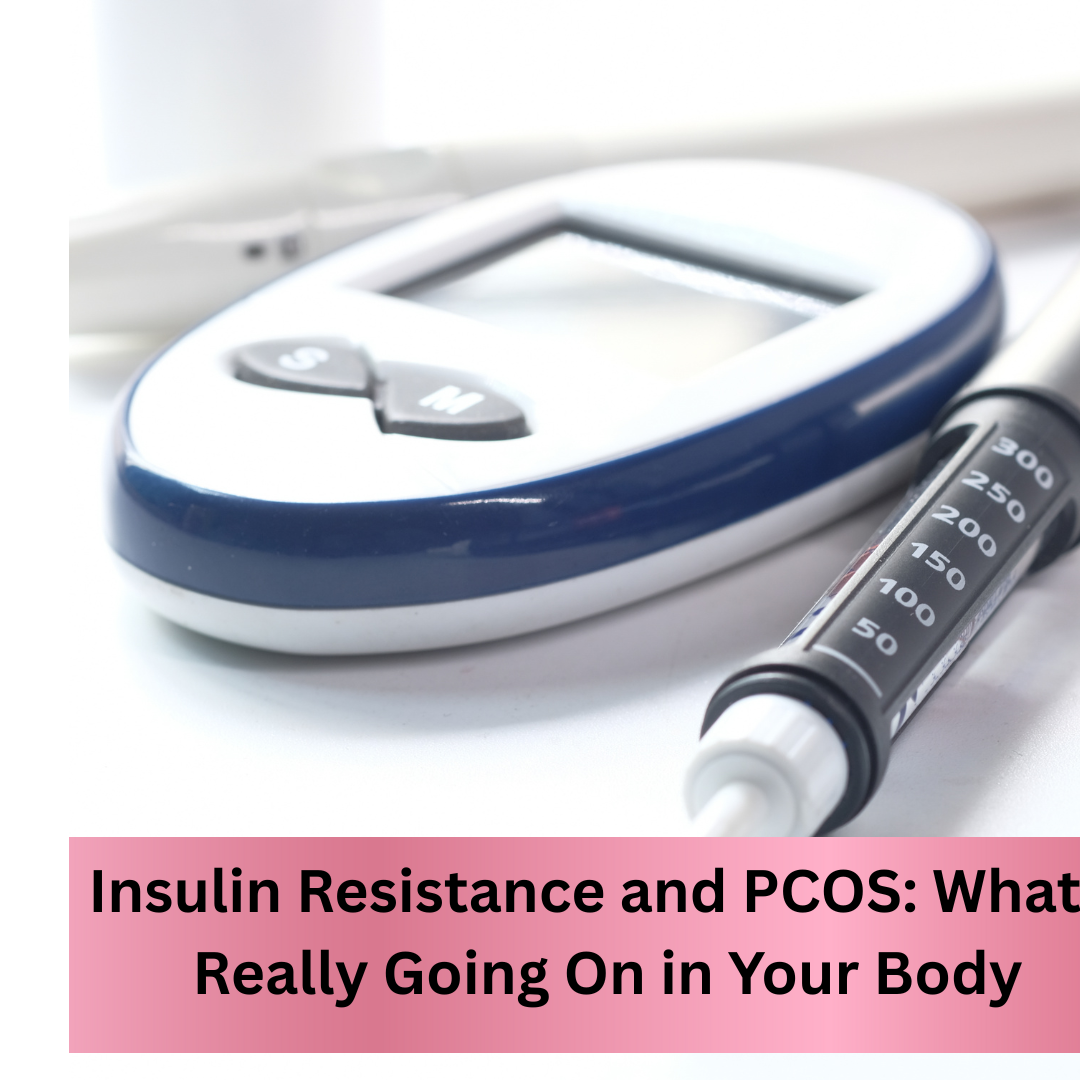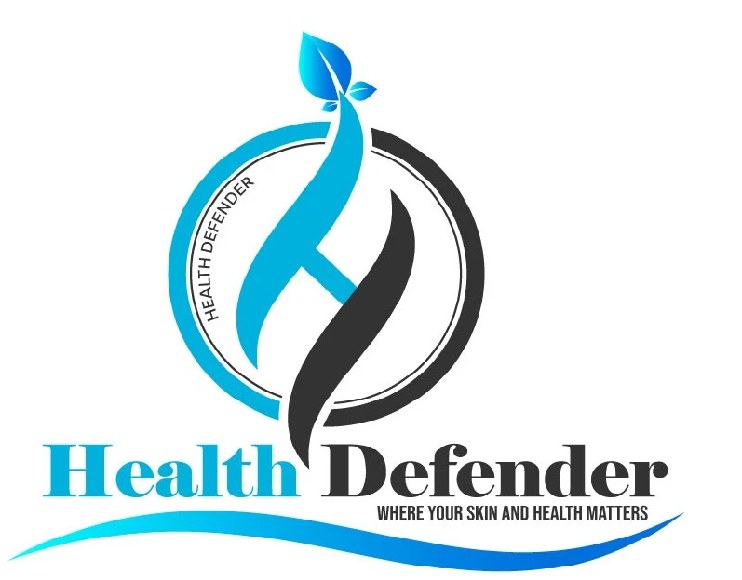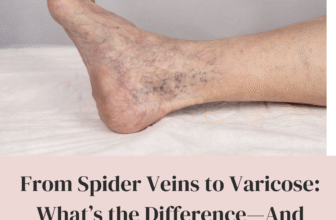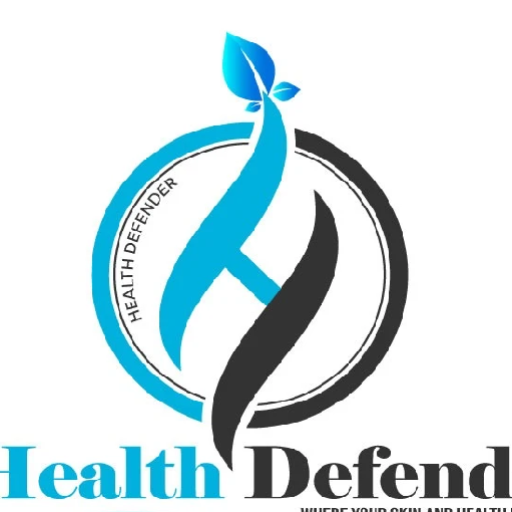
Something feels… off.
You can’t quite put your finger on it, but your body doesn’t feel like home anymore.
Your jeans don’t fit how they used to, even though your diet hasn’t changed.
Your energy crashes at the weirdest times.
Your skin? Acting like it’s stuck in a high school rebellion.
And your period? It’s unpredictable—its like it has a mind of its own.
And the worst part: no one’s giving you answers that make sense.
Doctors toss out phrases like “hormonal imbalance” or “just lose weight” like they’re handing out candy.
Friends suggest yoga, smoothies, or “positive vibes.”
You’re doing all the “right things,” and still feel like you’re spinning in circles.
So maybe—just maybe—you’ve started asking the question that keeps showing up in late-night Google searches:
Is this PCOS?
Or is it just a rough month?
Let’s be real. That question doesn’t come from nowhere. It comes from feeling stuck in a body that doesn’t follow the rules.
And when you hear the word PCOS, it hits differently. You feel its weight before you even get the facts.
You don’t want a label—you want clarity. You want answers.
You want to know why you’re gaining weight without reason, why your skin is acting up, why you’re so freaking tired all the time.
You don’t want another vague article. You want the truth. And here it is:
If you’ve got PCOS, there’s a high chance insulin resistance is running the show.
And no one is talking about it nearly enough.
Let’s cut through the fluff.
PCOS is often portrayed like it’s “just a hormone issue.” But that’s only part of the story.
The real mess? It’s happening behind the scenes.
At the cellular level.
And insulin—the blood sugar boss—is often the one calling the shots.
It’s like your body’s Wi-Fi signal is glitching.
Insulin’s trying to do its job—move sugar from your blood into your cells—but the signal isn’t getting through.
So your body keeps shouting louder.
It pumps out more insulin. And more. And more.
Until one day, that “helpful hormone” becomes a silent saboteur.
What does that mean for you?
Let’s break it down.
Insulin resistance is like this invisible hand pulling the strings and is behind some of the most frustrating PCOS symptoms:
- The delayed or missed periods that keep you guessing
- The chronic fatigue that doesn’t care how many hours you sleep
- The sugar cravings that hit like a tidal wave at 3 p.m
- The stubborn belly fat that laughs in the face of your workouts
- The acne that shows up uninvited, like an ex who won’t let go
You start to feel like you’re in a body that’s rebelling.
It’s like you’re doing everything right… and still getting it wrong.
But here’s what’s going on: your body isn’t failing you. It’s fighting for you—in the only way it knows how.
It’s trying to protect you.
When insulin can’t get into your cells properly, your body panics.
It stores more fat to protect itself.
It triggers inflammation.
It messes with your appetite, your energy, your hormones—everything.
And suddenly, nothing makes sense anymore.
You might think, “I thought insulin was just about diabetes?”
That’s part of the problem.
Insulin resistance doesn’t just live in the diabetes conversation.
It’s deeply tangled up in PCOS.
Studies say up to 70% of people with PCOS have some degree of insulin resistance—even if they are not overweight.
Let that sink in.
You don’t have to “look the part” to be affected.
You could be slim, active, and still insulin-resistant.
This isn’t a body-size issue.
It’s a biology issue.
Here’s where things get a little wild: the more insulin your body pumps out, the worse your symptoms get.
Why? Because excess insulin kicks off a chain reaction:
- It triggers your ovaries to produce more testosterone.
- That testosterone throws your cycle off.
- Your periods become irregular, painful, or go MIA entirely.
- Your mood swings intensify.
- Your hair starts falling from your head… and popping up in places you never asked for.
It’s like one domino knocks over a hundred others.
And while you’re trying to “clean up” the surface symptoms, the root problem is hiding in plain sight.
Let’s talk about how this feels.
You drag yourself out of bed in the morning, already drained.
You skip breakfast because you’re rushing or just not hungry.
By mid-morning, your brain’s in a fog. You’re hangry. Jittery.
You grab something sweet or carb-heavy to survive the crash.
For a little while, it works. You feel okay.
But then the energy nosedives again—harder than before.
By 3 p.m., you’re back in the pantry looking for anything with sugar.
And at night? You can’t fall asleep. Or you crash hard and wake up feeling like you never even rested.
It’s a rollercoaster. One your hormones didn’t ask for—but are stuck riding anyway.
So what do most people do?
They go harder. They cut calories.
They force themselves through high-intensity workouts.
They try another juice cleanse, detox, or 30-day challenge.
They beat themselves up for not having “willpower.”
But here’s the thing:
If your body struggles to regulate insulin, these strategies can backfire.
Crash diets? They spike cortisol.
Overtraining? It taxes your adrenals.
Fasting for too long? It can make your blood sugar drop like a rock—and trigger more cravings later.
You’re not lazy. You’re not weak. You’re not “bad at being healthy.”
You’re just stuck in a system that doesn’t make space for your body.
This is why understanding insulin resistance is essential when managing PCOS.
It’s not just about “fixing” your period or losing weight.
It’s about finally giving your body what it needs to function.
Balance.
Support.
Food that fuels instead of spikes.
A movement that builds instead of burns you out.
Rest that repairs instead of feeling like a guilt trip.
Still unsure if insulin resistance might be part of your story?
Here are a few signs that your body might be whispering (or shouting) for help:
- You feel tired after meals instead of energized
- You constantly crave sugar or carbs—even when you’re full
- You get intense energy crashes throughout the day
- Your waistline is increasing, even without overeating
- You have dark patches on your neck or underarms
- Your periods are irregular, heavy, or completely missing
You don’t need all of these symptoms to have insulin resistance.
But if even two or three sound like your daily life? It’s worth looking deeper.
The best part? This isn’t a dead-end diagnosis.
Insulin resistance can be reversed. Managed. Healed.
With the right tools, steps, and support, your body can start working with you again—not against you.
It won’t happen overnight. But it will happen.
Because when you target the root, everything else begins to shift.
Your skin.
Your cycle.
Your mood.
Your energy.
Your confidence.
Because you deserve more than vague advice and surface-level solutions.
You deserve to feel at home in your body again.
And it starts with understanding what’s going on beneath the surface.







